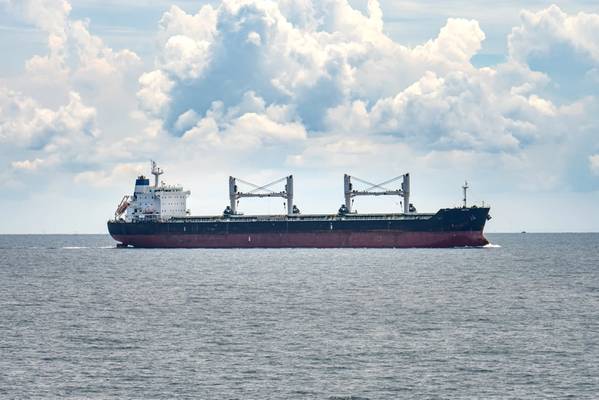
In a number of instances, charterers in the dry bulk sector have been preventing much needed crew changes from taking place during the period of the charter, despite the ship owner agreeing to accept the associated costs, says INTERCARGO, the body representing the interests of dry bulk sector operators.
In these instances, charterers have been seen to simply ignore relevant provisions and charter party clauses that could be employed. It has been reported that bulk carriers changing crews in certain countries in Southeast Asia are being treated as “toxic” by charterers for the 14 days following crew change.
“INTERCARGO strongly condemns the non-compassionate practices of some charterers of dry bulk carriers, in their rejection of crew change outright during the charter period. This flies in the face of industry wide efforts to offer seafarers the essential rest that they have been so long without during the COVID-19 pandemic, and which is essential to the safe operation of the shipping sector,” the trade group said in a statement.
“Ironically, this appalling practice has been reported primarily in the dry bulk sector, where the prevention of seafarer fatigue is of special concern. Bulk carriers on tramp trading routes call at many more ports than other shipping sectors, piling added strain on an already fatigued workforce with no hope of crew change. A crew must be well rested to operate a ship in compliance with the voyage instructions from the charterers: to load and discharge the cargo, ballast and de-ballast, wash, dry and present cargo holds, open/close hatch covers and carry out the multitude of associated tasks to ensure safe operation of the vessel. It is very disappointing that dry cargo charterers do not understand or wish to take responsibility for the concept of the common venture which exists under a time-charter.
“INTERCARGO wishes to state unequivocally that this issue goes further than the charterer’s corporate social responsibility (CSR) or environmental, social and governance (ESG) responsibilities, and displays a clear lack of appreciation of one of the greatest humanitarian crises to affect the maritime sector.”



